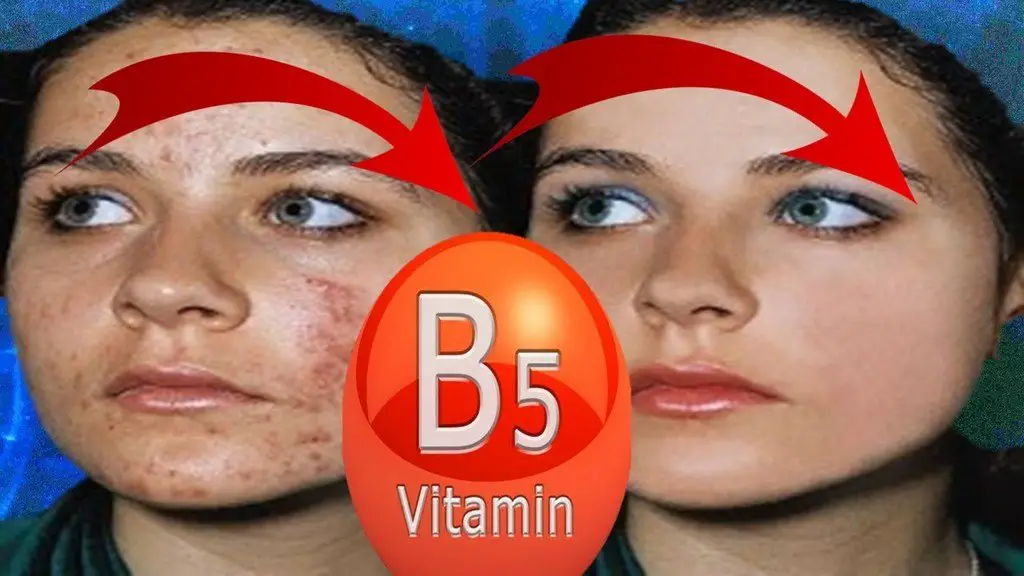If you struggle with acne, you’ll know that finding a cure is rarely a quick-solve process. Every person’s skin is unique, with its own specific make-up, and what works for one person might display nasty side effects on another. That’s why many people are so hesitant to resort to some of the more aggressive medically prescribed treatments that are available today.
Luckily, there are now so many acne treatments available, many of them natural, that you’ll never have to resort to living with your acne if you don’t want to. One treatment that many people swear by is pantothenic acid, otherwise known as vitamin B5.
What is vitamin B5?
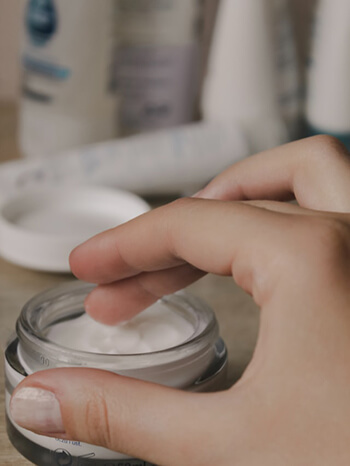
As a natural vitamin source, you can find vitamin B5 in meat, veggies, grains, legumes, eggs, and milk. People take it for a number of reasons, like treating nutritional deficiencies, allergies, baldness, yeast infections, celiac disease, dandruff, depression, headaches, and so on. But when used commercially, vitamin B5 is said to be most effective at treating acne.
Vitamin B5 isn’t new to the skincare world. It’s been used by the biggest names in the cosmetic industry in everything from moisturizers, shampoos, and sunscreens, to conditioners to hairsprays, and even mascaras and lipsticks.
Vitamin B5 benefits
There are a number of skin-related benefits that make vitamin B5 a good choice for acne sufferers. The key benefits include:
1. Accelerates wound healing
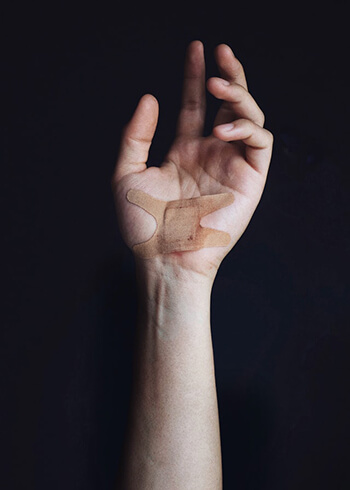
Research dating back to the 1950s backs vitamin B5’s ability to accelerate wound healing. It’s thought that pantothenic acid can produce the structural proteins needed by the skin, such as collagen. It promotes faster multiplication of cells and helps those cells to form new layers of skin in wound areas.
Other studies have found that a deficiency in vitamin B5 has the opposite effect on the skin, impairing the ability of cells to regenerate. So, effectively, our skin relies on pantothenic acid to repair wounds.
2. Moisturizes skin
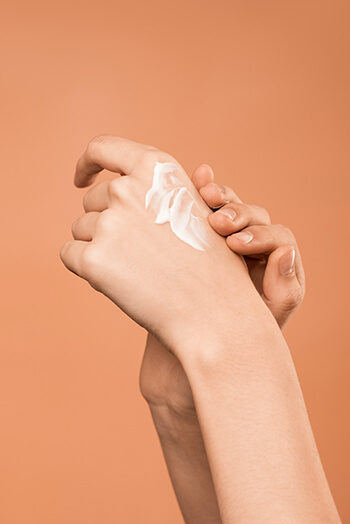
Vitamin B5 has proven effective at helping skin to retain its moisture, which in turn promotes skin softness and elasticity. Studies have also found that pantothenic acid improves the skin’s barrier function, protecting the body from excessive water loss, and preventing harmful contaminants from passing through.
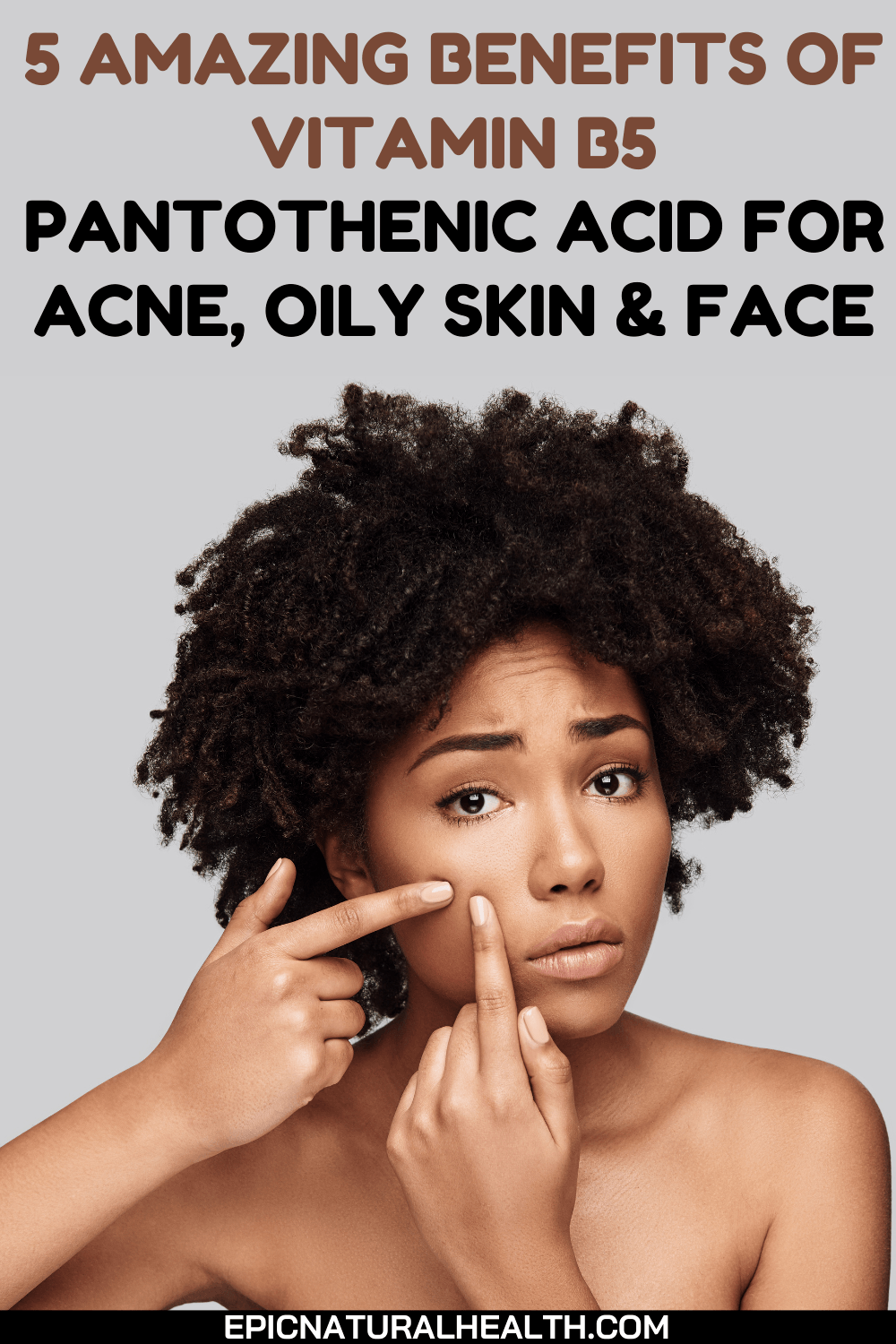
3. Anti-irritant and anti-inflammatory
One four-week trial found that topical treatment with panthenol effectively reduced the effects of skin irritation and inflammation. The trial showed that pantothenic acid helped to improve tissue regeneration and reduce reddened skin, as well as reducing common signs of skin irritation, like dryness, itchiness, and roughness.
It’s thought that vitamin B5 might even have anti-inflammatory effects on skin graft patients, and may make a promising treatment for scarring, burns, and dermatosis.
4. Reduces sebum in oily skin
We all have different natural levels of sebum, but too much sebum can lead to an overproduction of oil in the skin. Scientists found that since B5 is a precursor for coenzyme, an enzyme that helps you metabolize fats, it can increase the number of fats necessary to protect the skin. This gives the skin a stronger barrier to protect against sebum build-up.
5. Antimicrobial properties
Finally, some studies have shown promise that vitamin B5 may be an effective antimicrobial agent. It’s thought that as well as preventing bacteria from entering the body through the skin, pantothenic acid might actually be able to kill some forms of bacteria as well.
Another study determined that it was useful to have pantothenic acid in skincare products for preventing infections, although its mechanisms aren’t quite understood yet.
- B-COMPLEX VITAMIN: Pantothenic Acid (Vitamin B-5) is a member of the B-complex family of vitamins and is found in nearly every living cell as a component of coenzyme A (CoA)
- VITAMIN B-5: CoA is essential for the generation of energy from fat, carbohydrate, and protein*
- CERTIFICATIONS/CLASSIFICATIONS: GMP, Non-GMO, Kosher
- GMP Quality Assured: NPA A-rated GMP certification means that every aspect of the NOW manufacturing process has been examined, including our laboratory/testing methods (for stability, potency, and product formulation)
- 500mg of Vitamin B5 (Pantothenic Acid) Per Capsule
- 240 Capsules Per Bottle
- Quality Guaranteed
- Non-GMO, Gluten Free, 3rd Party Tested
- Metabolism & energy production – Pantothenic acid, or vitamin B5, is involved in cellular energy production: your body uses vitamin B5 to turn the foods you eat into energy.
- Hemoglobin & neurotransmitters – You need vitamin B5 to help create neurotransmitters as well as hemoglobin, the protein in red blood cells that helps carry oxygen around the body.
- Easy on your stomach – Vitamin B5 supplements can be hard on the stomach. That’s why we’ve combined our pantothenic acid formula with calcium. This makes it easier on your digestion.
- Ingredients matter – We use the finest raw ingredients with the quality and purity you deserve. The majority of our products are non-GMO, gluten-free and manufactured in the USA—and a Certificate of Analysis is available for every one.
- FOR ENERGY: 150-count Coated Tablets; Nature’s Bounty Super B-Complex with Folic Acid Plus Vitamin C plays an important role in energy metabolism in the body(1); Helps the body convert food into the fuel which is used to maintain energy(1)
- VITAMIN B: Contains key B vitamins that play an important role in energy metabolism; B vitamins may help with heart and nervous system health and aids in the conversion of food into energy(1)
- VITAMIN C & FOLIC ACID: Nature’s Bounty Super B-Complex is a great way to increase your intake of these important vitamins for immune and antioxidant support while Folic Acid may help with energy metabolism and promotes the health of pregnant women(1)
- PURITY IS OUR PRIORITY: Nature’s Bounty is committed to safety and purity in all our supplements; Our Super B-Complex is vegetarian-friendly non-GMO gluten-free sugar-free and contains no artificial colors sweeteners or flavors
Vitamin B5 side effects

It’s not all good news for pantothenic acid – there are a few side effects of the vitamin that are worth being aware of before you consider it as an acne treatment. Using B5 as a topical treatment or dietary supplement may cause muscle and joint pain, a sore throat, nausea, abdominal pain, dizziness, weakness, constipation, rashes, and flu-like symptoms.
More rarely, vitamin B5 can lead to more serious side effects, including diabetes, muscle disease, and yellowed skin and eyes.
Where to find vitamin B5
You can get vitamin B5 supplements from your local health store or online here, but these may not be most effective at treating acne specifically. You can also look for beauty products that contain pantothenic acid, but be mindful of the other ingredients they contain. You want to be sure they nothing else will aggravate your acne when you’re trying to treat it.
Alternatively, your doctor may prescribe you with vitamin B5 to treat your acne in a medical situation. This will give you access to a larger daily dose of vitamin B5, so make sure to follow your doctor’s instructions and report back any unexpected side effects.
Conclusion
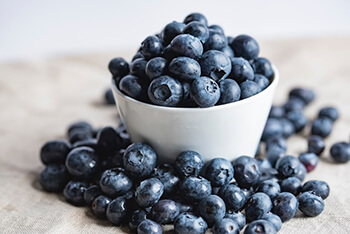
Pantothenic acid certainly seems like promising acne treatment, with evidence suggesting that it can help with a number of common skin issues. However, it’s not to say B5 is for everyone. Consider a wider range of treatments when deciding how to ease your acne symptoms.
Remember that it’s possible to obtain more than enough B5 from your own diet choices. Foods like blueberries, bananas, almond butter, lean chicken, olive oil, and cod are all good sources of the vitamin.

